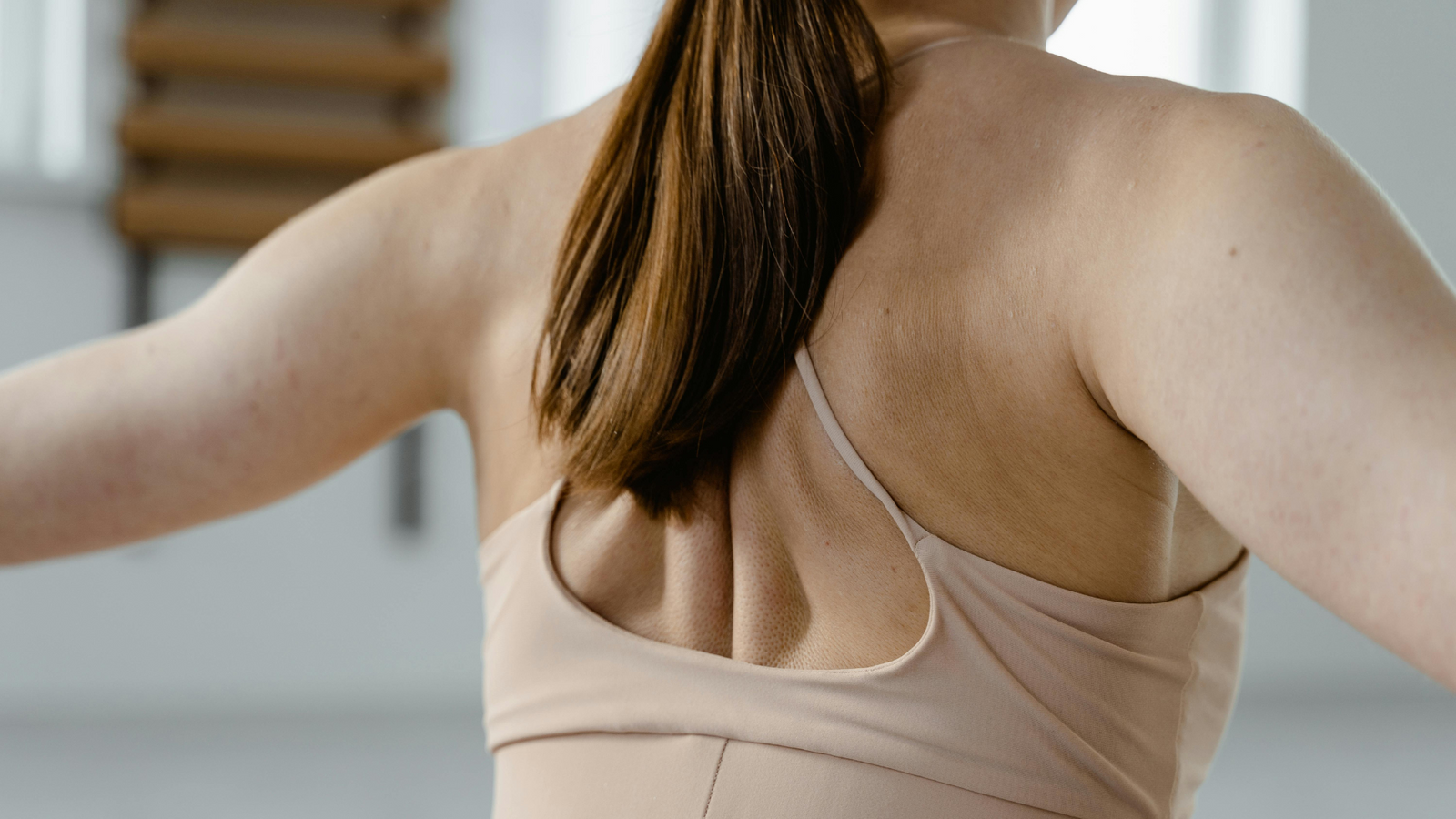Your Cart is Empty
Buy now, pay later or in 3 with Klarna
Get free shipping by subscribing to newsletter!
Fast shipping from our warehouse in the UK!
Buy now, pay later or in 3 with Klarna
Get free shipping by subscribing to newsletter!
Fast shipping from our warehouse in the UK!

High-Risk Sports for Shoulder Injuries and How to Protect Yourself
The shoulder is one of the most heavily used joints in sports, but it is also one of the most vulnerable. Due to its high mobility, it is particularly prone to injuries, especially in disciplines that involve repetitive movements, powerful throws, or physical contact. Tendinitis, dislocations, muscle tears… Shoulder problems can quickly become a barrier to sports practice if not properly managed.
In this article, we will explore the sports that pose the highest risk for shoulderinjuries and, more importantly, how to effectively protectyour shoulders to prevent injuries and continue training safely.

1. Why Is the Shoulder Vulnerable in Sports?
The shoulder is one of the most mobile jointsin the body, which also makes it one of the most fragile. Its wide range of motion relies on a complex balance between muscles, ligaments, and tendons. When exposed to repeated movements, impacts, or sudden motions, it becomes more susceptible to injuries such as tendinitis, dislocation, or rotator cuff tears.
2. Sports That Pose the Highest Risk for Shoulder Injuries
- Throwing Sports (Baseball, Handball, etc.) : The repetitive and forceful throwing motions put extreme stress on the rotator cuff. Over time, this can lead to microtraumas and inflammation, increasing the risk of tendinitis or tendon ruptures.

- Contact Sports (Rugby, Judo, etc.) : Direct impacts and frequent fallsheighten the risk of shoulder dislocation or clavicle fractures. The instability of the shoulder joint makes these injuries even more likely if the surrounding muscles are not properly strengthened.

- Sports with Repetitive Movements (Swimming, Tennis, etc.) : Repetitive motions, such as tennis forehands or swimming strokes, put excessive strain on certain shoulder muscles and tendons. Without proper technique or sufficient rest, these movements can lead to chronic injuries.

- Weightlifting and Fitness : Poor positioningduring exercises like bench presses or pull-ups can cause shoulder pain and injuries. Lifting excessive weights without maintaining proper form can also lead to muscle imbalances and excessive strain.

3. How to Protect Your Shoulders
To prevent shoulder injuries, it is crucial to focus on muscle strengthening and mobility, particularly targeting the rotator cuff and stabilizing muscles such as the trapezius and deltoids. A proper warm-up with muscle activation exercises prepares the joint for effort, while gentle stretching after workouts helps prevent tension and improve recovery. Maintaining correct posture and technique is also essential to minimize excessive strain, working with a coach or professional can help refine movements and avoid harmful habits. Finally, recovery plays a key role: quality sleep, a balanced diet, and applying ice after workouts can reduce inflammation and support long-term shoulder health.

Conclusion
By following these recommendations, you can continue enjoying your favorite sport while minimizing the risk of shoulder injuries. The key is to listen to your body, develop good habits, and prioritize both muscle maintenance and recovery!

If you enjoyed this article, visit our website at medcline.co.uk for more insightful content on overall well-being, including shoulder health. See you soon on MedCline!



